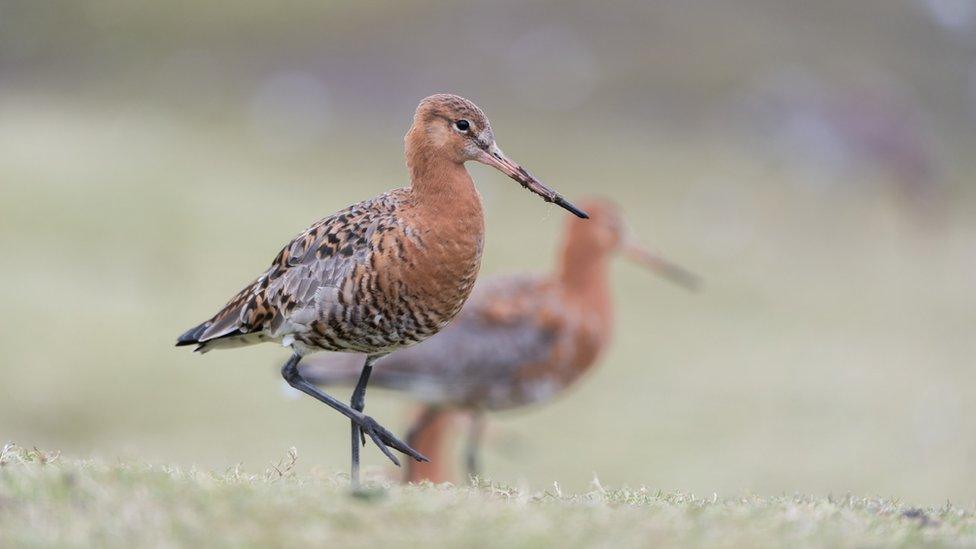Rare birds hatch from rescued eggs
The newly hatched black-tailed Godwit will be raised as part of the Wildfowl and Wetlands Trust's Godwit Futures project
- Published
Rare birds have hatched from eggs rescued from fields where severe flooding takes place.
The Wildfowl and Wetlands Trust (WWT) said black-tailed godwits have struggled to find suitable nest sites this year, and without human intervention their critically low numbers would fall further.
The chicks, which can walk and feed themselves just hours after hatching, will be looked after by WWT staff for up to a month until they are able to fly to boost their chances of survival in the wild.
The eggs were collected from the Nene and Ouse Washes in Cambridgeshire and Norfolk, from nearby arable fields and from specially constructed "lifeboat" wetlands near the Ouse Washes.
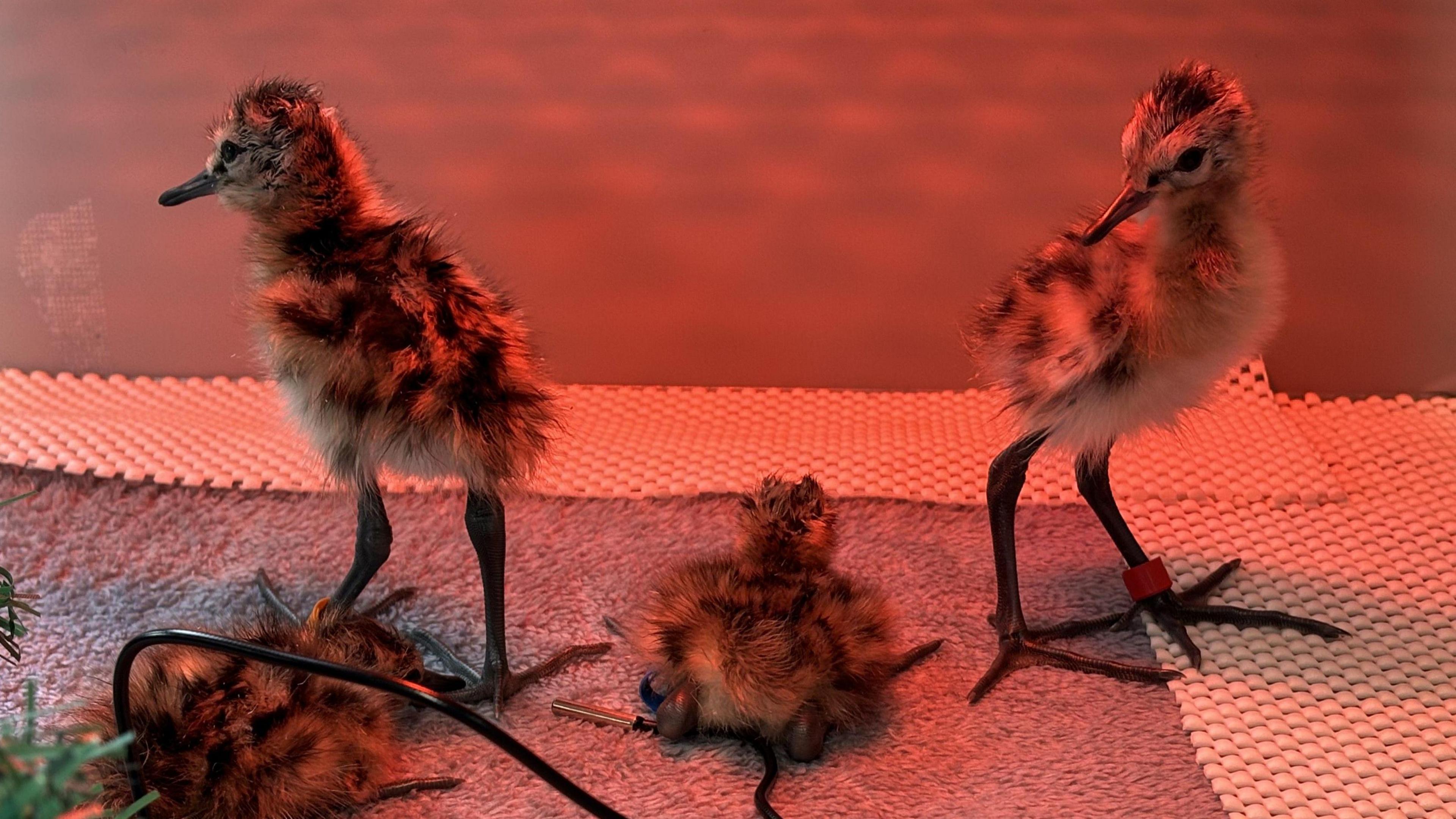
In subsequent years birds produced by the captive breeding population will be reintroduced to restored wetland sites where Godwits formerly bred in the UK
There are fewer than 50 pairs of British black-tailed godwits left in the wild, according to the WWT, and they rely on a handful of wetland sites to breed.
The "lifeboat sites", managed by the WWT and RSPB, are designed to be healthy wetland habitats, accessible even when the surrounding area is flooded, giving birds somewhere suitable to nest.
Each bird will be ringed and named, and released back into the wild near WWT Welney in Norfolk, at sites managed by WWT and the RSPB
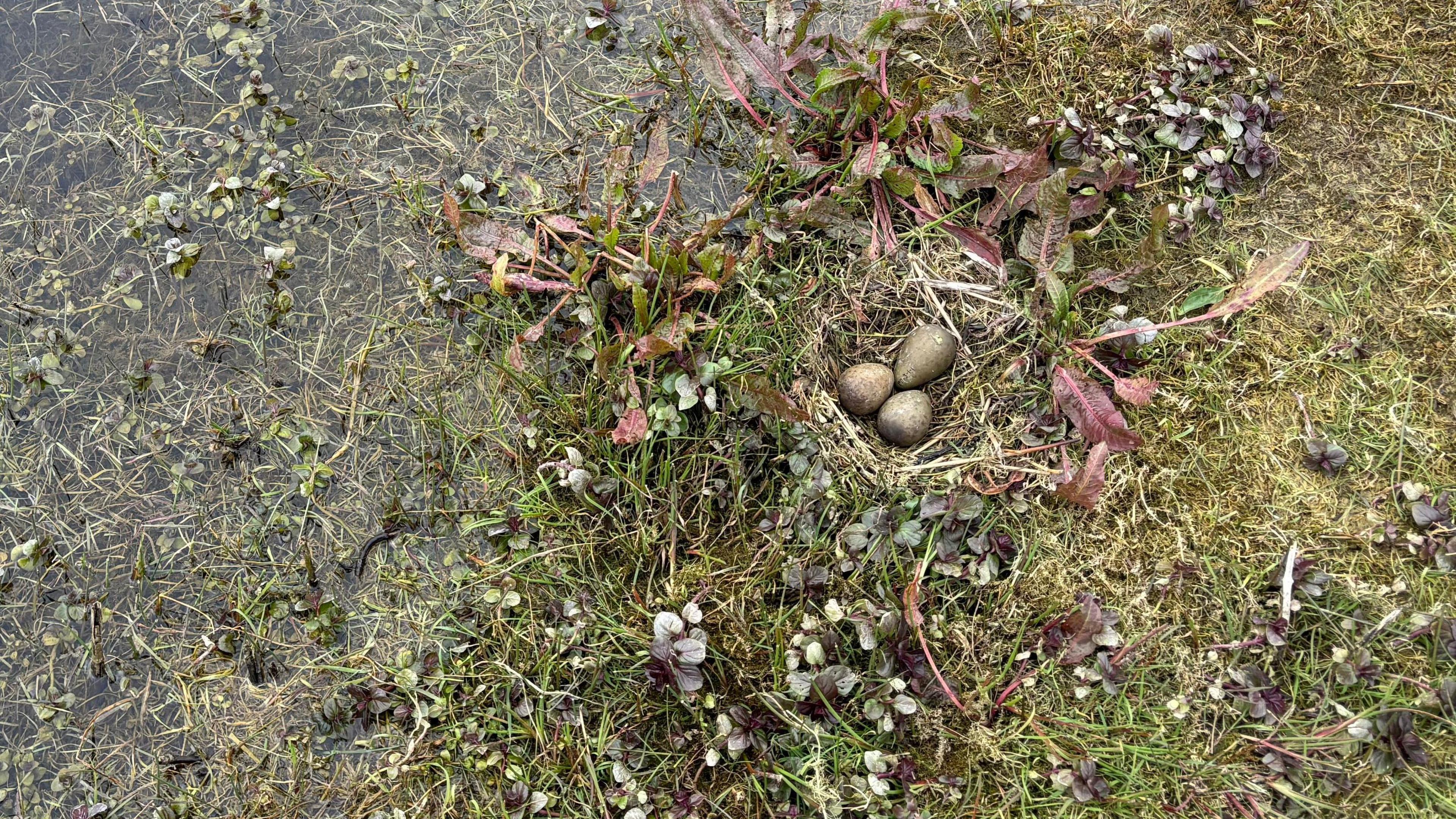
Twenty birds will also be kept at WWT’s Conservation Breeding Unit at WWT Slimbridge in Gloucestershire, to bolster future generations of the species
William Costa, project manager and lead aviculturist at WWT, said: "Without ongoing efforts to restore wetlands around the Fens there would probably be no black-tailed godwit chicks fledging in the UK this year.
"This rescued generation of black-tailed godwits will be crucial to helping the species remain as a breeding bird in the UK.
"By releasing a minimum of 20 of them this year and establishing the world's first captive breeding population, we will be giving this subspecies the lifeline it needs to survive as our wetland restoration work ramps up around the UK."
Partners including Natural England, the Environment Agency, WWT and the RSPB are working together to maintain and improve breeding sites.
They are also working to increase the extent of lowland wet grassland in the Fens and to further understand and act on the pressures that godwits face from predators.
The WWT said 20 birds will be kept at its Conservation Breeding Unit at WWT Slimbridge in Gloucestershire, to bolster future generations of the species.
In subsequent years, birds produced by the captive breeding population will be reintroduced to restored wetland sites where godwits formerly bred in the UK.
As part of the project, WWT, together with the RSPB, will track the movements of these migratory birds from their breeding sites to their wintering ground along the west coast of Africa, releasing more chicks each year to help boost the number of birds that return to Britain to breed.
WWT's Godwit "head-starting" work - in which eggs are collected in the wild and the chicks raised to fledging in captivity to boost their survival chances - and the captive breeding programme are part of a project named Godwit Futures.
This is funded by Natural England's Species Recovery Programme Capital Grant Scheme.
Follow Cambridgeshire news on Facebook, external, Instagram, external and X, external. Got a story? Email eastofenglandnews@bbc.co.uk, external or WhatsApp us on 0800 169 1830
More Like This Story
- Published14 May 2024
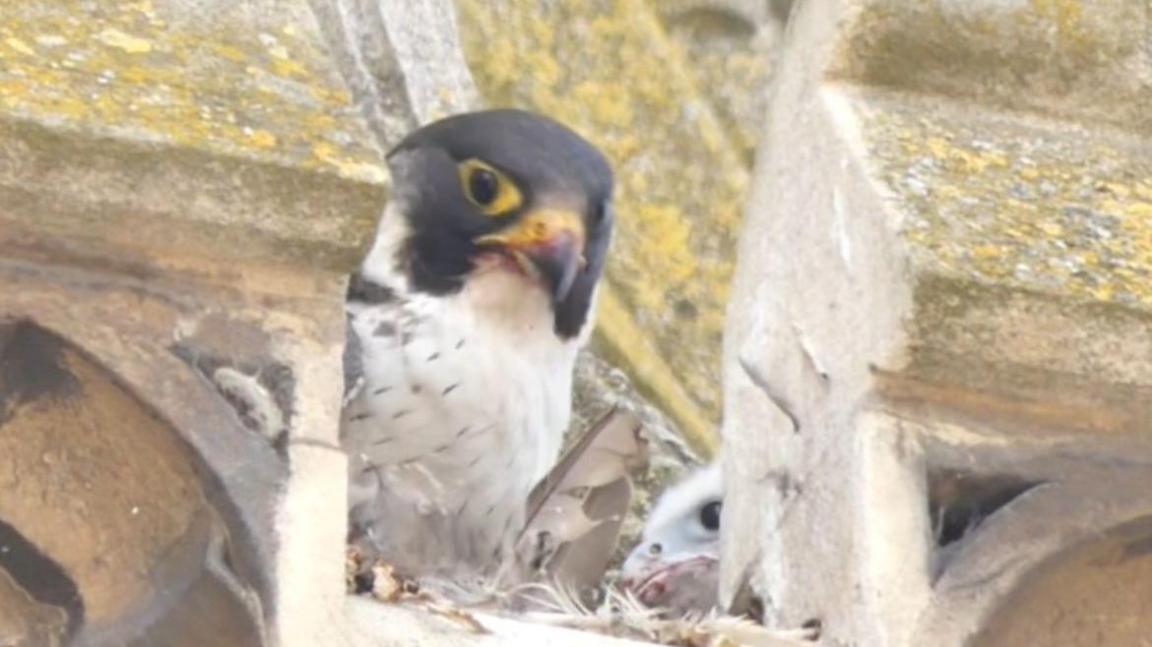
- Published10 May 2024
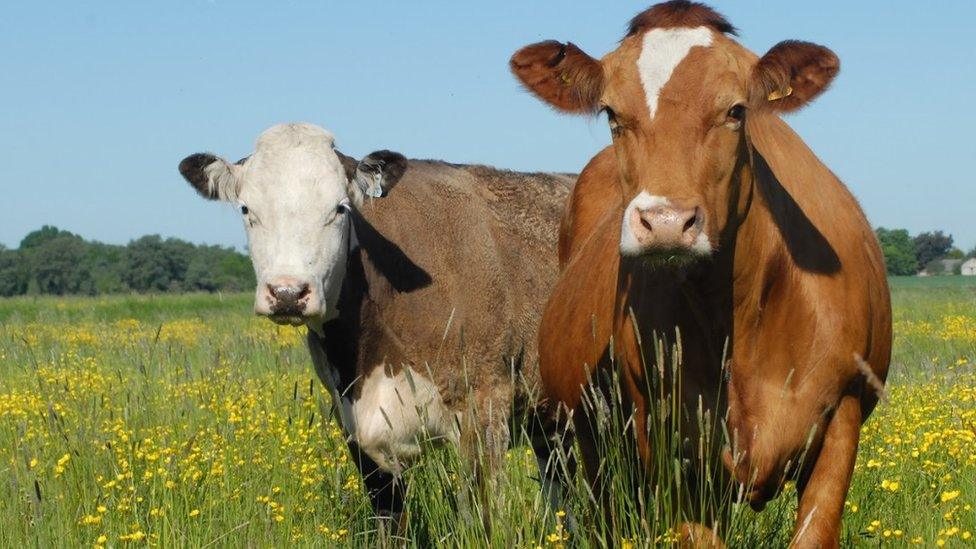
- Published31 May 2018
